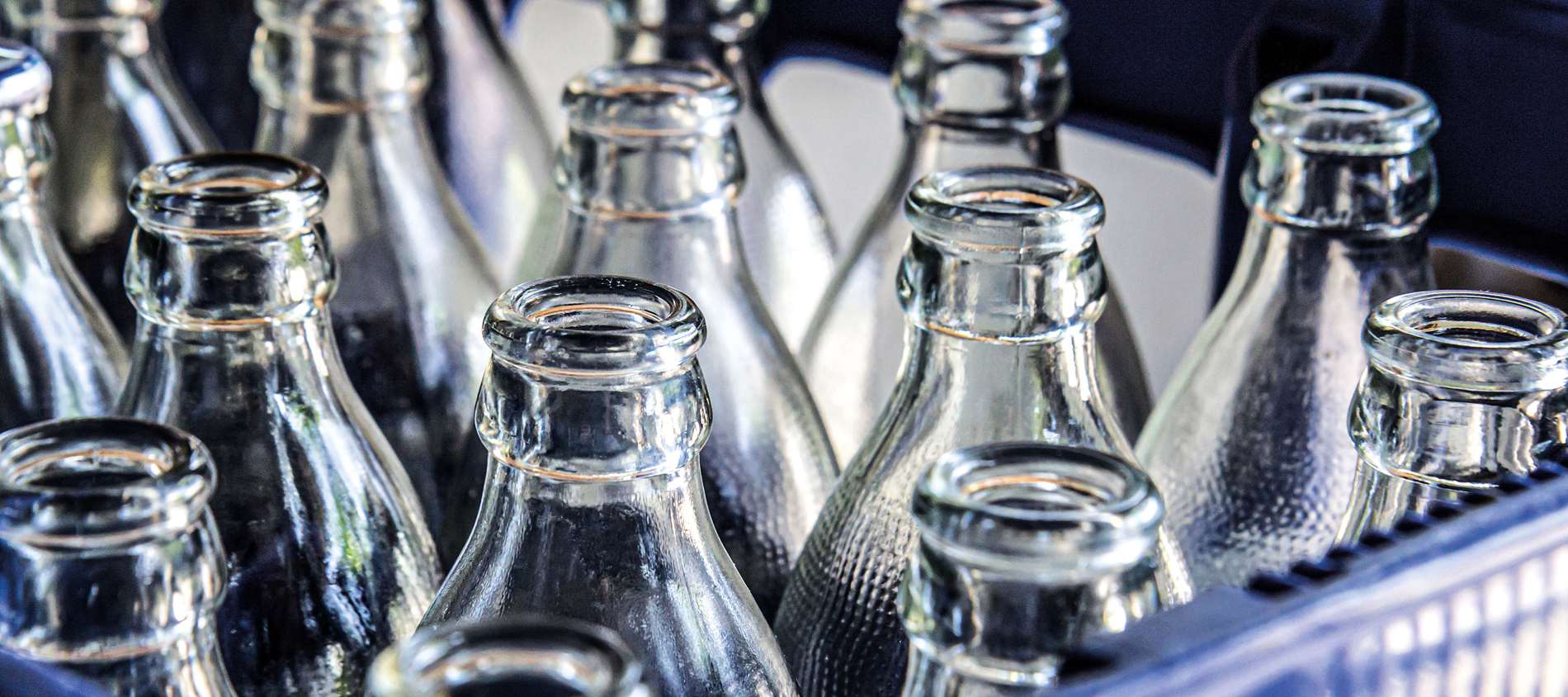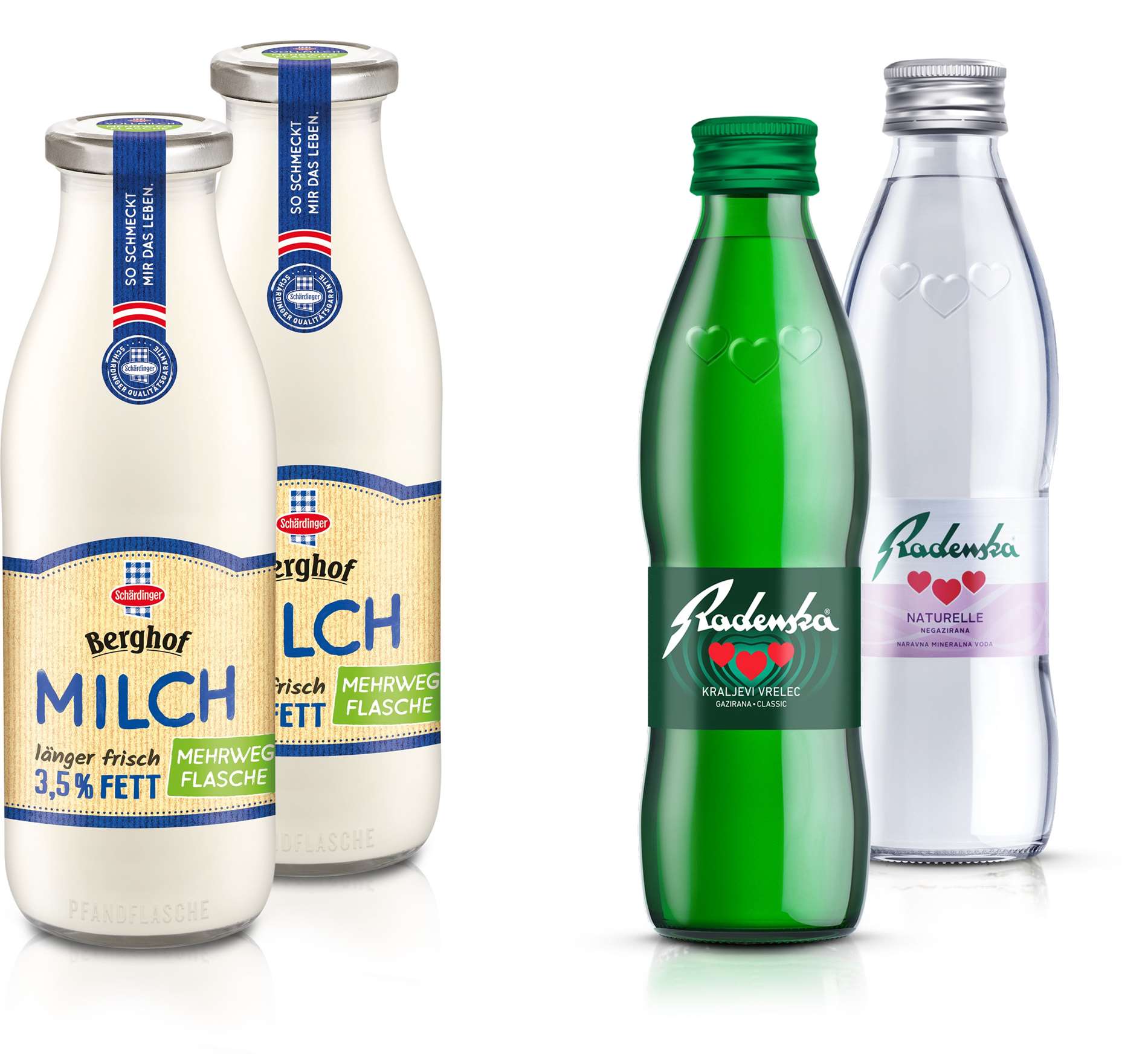- Interview CEO
- Vetropack Locations
- Market environment offering opportunities and challenges
- Business model
- Strategy 2030
- Management Structure
- Organisation
- col2
- Material Topics and Performance Review
- Customers and suppliers
- Finances
- Innovation and intellectual property
- Production and products
- Employees
- Environment
- col3
- New Design
- Financial Report
- col1
- At a Glance
- Financial Report Vetropack Group
- Consolidated Balance Sheet
- Consolidated Income Statement
- Consolidated Cash Flow Statement
- Changes in Consolidated Shareholders’ Equity
- Consolidation Principles
- Valuation Principles
- Notes
- Ownership Structure
- Company Participations
- Report of the statutory auditor on the consolidated financial statements
- Five Year Overview
- col2
- Financial Report Vetropack Holding Ltd
- Balance Sheet
- Income Statement
- Notes
- Board of Directors’ (BoD) Proposal for the Corporate Profit Appropriation
- Report of the statutory auditor on the financial statements
- Five Year Overview
- Corporate Governance
- col1
- Introduction
- Board of Directors
- MB Members
- Remuneration and Additional Information
- Shareholders’ Participation Rights
- Auditors
- Information Policy
- General blocking periods
- Contact Address
- Remuneration Report
- col1
- Introduction
- Principles of the Remuneration Scheme and its Components
- Organisation and Authorities for Determining Remuneration
- Description of the Remuneration Components
- Board of Director’s Remuneration
- Management Board’s Remuneration
- Comparison of Remuneration disbursed with the Remuneration approved by the 2021 and 2022 Annual General Assembly
- Shareholdings
- Report of the statutory auditor on the remuneration report
- Sustainability Report
- col1
- Sustainability Report
- Customers and suppliers
- Finances
- Innovation and intellectual property
- Production and products
- Employees
- Environment
- col2
Modern packaging solutions
Returnable glass bottles on the rise

Glass is equally suitable for single- and multi-use purposes, and a returnable glass bottle can be reused more than 40 times. The debate surrounding the environmental impact of packaging is leading to a rise in demand for this kind of glass bottle.
Vetropack strives to be as environmentally friendly as possible when manufacturing its products. The large amount of energy required in the glassmaking process poses a particular challenge – one that Vetropack is tackling by continuously modernising its manufacturing facilities. However, it is also systematically increasing the use of recycled glass and returnable containers in order to conserve natural resources as much as possible. The proportion of returnable glass bottles in circulation varies considerably between different European countries. Generally speaking, these reusable containers are predominately used in the catering industry and in specialist beverage retail, where the biggest returnable glass market is that of amber glass beer bottles. In catering however, whitebottles still reign supreme as they really help to showcase the colourful variety of beverages they hold. At home or in restaurants, people can use them to show off their refreshing thirst-quenchers in an attractive glass display on a beautifully laden table. In some countries, food retailers are also increasingly reverting to returnable bottles.
The main requirement of one-way and returnable glass containers is fundamentally the same: ensuring that the product reaches the consumer safely. Returnable glass packaging is subject to considerable strain due to the continuous refilling and washing it undergoes. However, Vetropack proved that this doesn’t necessarily mean a heavier composition is needed when it launched the world’s first returnable bottles made from lightweight glass on the Austrian market in 2019. This hardened glass packaging is called “Vetropack Improved Performance Glass”, or VIP Glass for short.
The unique requirements of a returnable glass container have to be taken into account right from the design phase, as the two recently developed custom designs for the Austrian and Croatian markets demonstrate.
Small and mighty
Following the successful introduction of milk in one-way glass bottles in spring 2018, the Austrian dairy market leader Berglandmilch switched to refilling reusable glass containers at the beginning of 2020. This is the first time that milk has been available in returnable glass bottles at retailers throughout Austria in some 20 years. The range of milk products has been continually expanded in line with consumer demand.
We’ve all heard the saying “small but mighty”, but Berglandmilch’s Schärdinger brand has decided that “small and mighty” is far more appropriate for its new half-litre returnable glass bottle, which is manufactured at Vetropack’s Austrian plants and was recently launched with Austrian food retailers. This successful collaboration between Vetropack and Berglandmilch is helping to drive this environmentally friendly milk packaging solution forward.

Modern packaging solutions
Considerable reduction in used glass The Slovenian company Radenska produces natural mineral water and a range of other refreshment drinks. The products are made using water from high-quality sources. Radenska is committed to retaining these sources for future generations and achieving complete carbon neutrality at its production facilities by 2030.
The introduction of 0.25-litre returnable bottles in white and green glass has led to a substantial decrease in environmental pollution and reduced the company’s demand for the necessary primary raw materials significantly. Radenska estimates that this will equate to 2,000 fewer tonnes of used glass over the next three years. Vetropack Straža manufactures the quarter-litre returnable bottles in white and green. The fact that protecting the environment is an issue close to Radenska’s heart is reflected in the three engraved hearts on the shoulders of its bottle. The company sees the introduction of the 0.25-litre returnable bottles, which are predominately used in the catering industry, as an important step forward.
At the end of their life cycle, the bottles are sent for recycling, meaning that the glass remains part of the closed material cycle and will be used again.
- Sustainability Report
- col1
- col1
- col1
- col1
- Material Topics and Performance Review